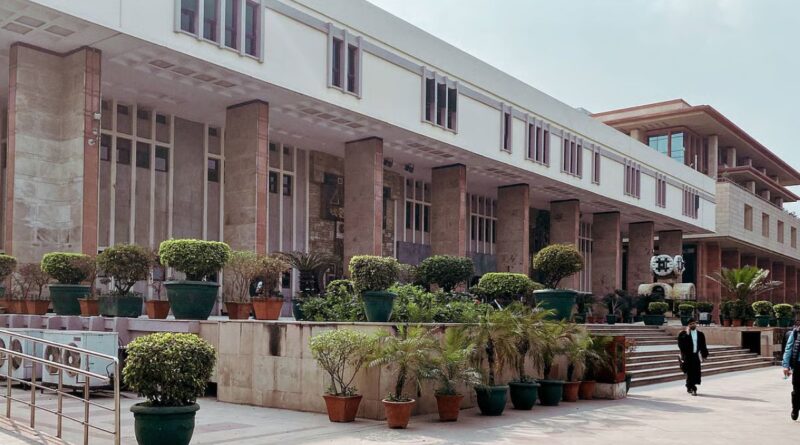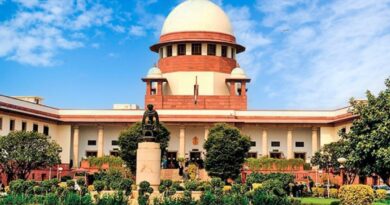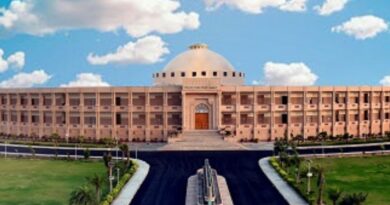Delhi High Court Questions GGSIPU’s Authority to Affiliate Colleges Beyond Delhi
The Delhi High Court has raised a key constitutional question: Can the Delhi Legislative Assembly make laws that apply outside its territory? The issue came up in a case concerning Guru Gobind Singh Indraprastha University (GGSIPU), which has been affiliating colleges in the National Capital Region (NCR) beyond Delhi’s boundaries.
A Division Bench of Chief Justice Devendra Kumar Upadhyaya and Justice Tushar Rao Gedela observed that such affiliation could amount to Delhi encroaching upon the legislative powers of neighbouring states like Uttar Pradesh, Haryana, and Rajasthan.
The judges noted that affiliation of a college is not a mere formality, but carries important duties and privileges. They questioned if granting affiliations outside Delhi could indirectly extend Delhi’s jurisdiction beyond its constitutional limits.
The matter was brought through a Public Interest Litigation (PIL) filed by advocate Shashank Deo Sudhi, who argued that Section 4 of the GGSIPU Act, 1998—which allows the university to operate in the entire NCR—violates Article 245 of the Constitution. Article 245 permits a state legislature to make laws only for its own territory.
Respondents, however, argued that affiliations outside Delhi are granted only after “no-objection” from the concerned state governments, and no student or stakeholder has objected so far. They also said this PIL may not be the proper case to decide such a legal issue.
The Court, however, was not convinced, stating that even in a PIL, questions of legislative overreach can be examined since they affect the public at large. Notices have been issued to the Central government, UGC, Delhi government, and other parties. Responses are to be filed within four weeks, with the next hearing scheduled for December.
Case Title: Shashank Deo Sudhi v. Union of India & Ors.





